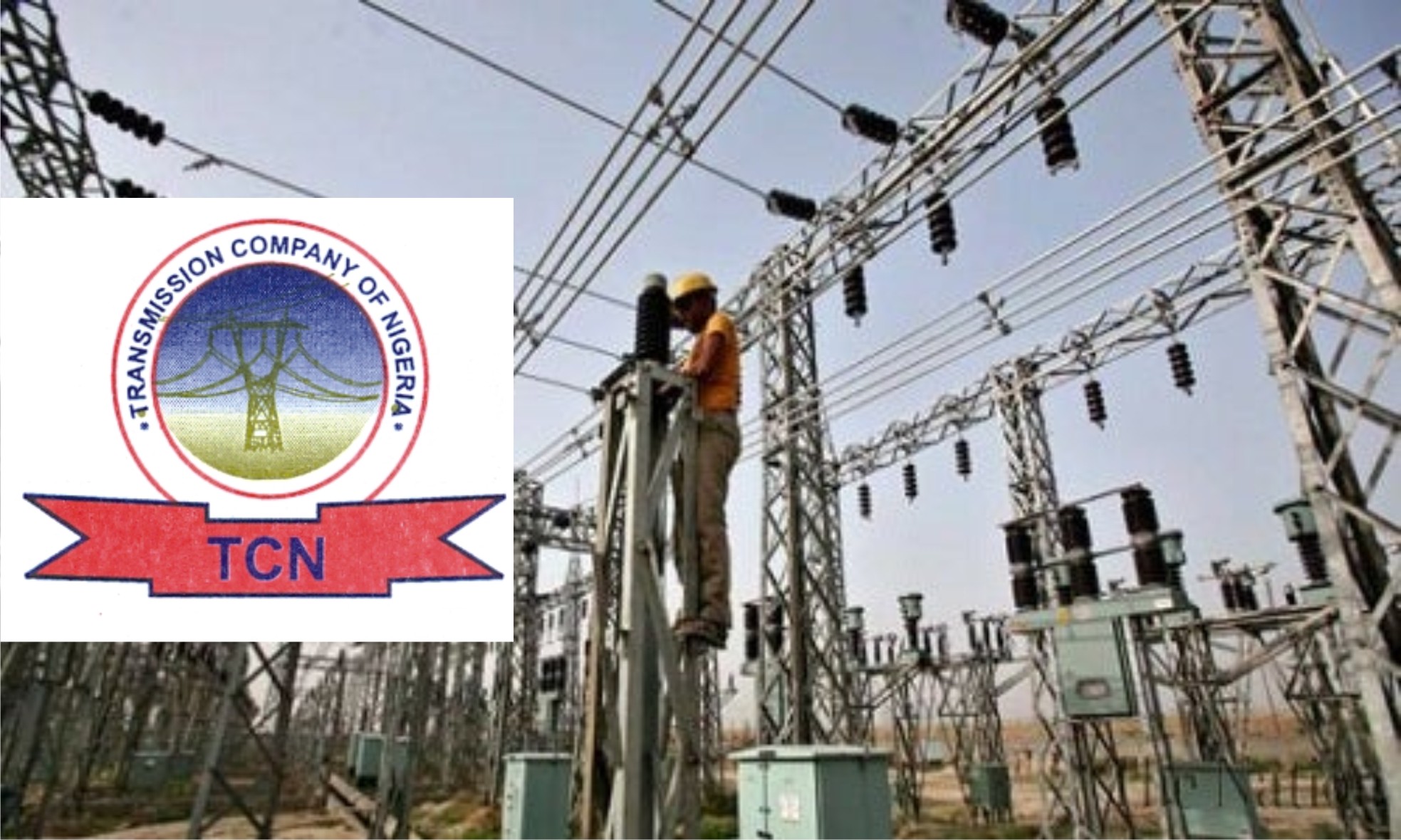Business
Exploit Brexit For Economic Dev, Envoy Urges Nigeria
The British High Commissioner to Nigeria, Mr Paul Arkwright, has urged Nigerians to utilise the opportunities provided by Britain’s exit from European Union (BREXIT) for development of Nigeria’s economy.
Arkwright, who made the call in Abuja at a roundtable on Global Britain, Supporting Prosperity in Nigeria”, said that UK believed in Nigeria’s potentials.
“The BREXIT is a period of uncertainty but mostly a period of opportunities.
“I will encourage all of you in Nigeria to work with us to see what we can do to develop the relationship in trade and business and to help the poorest of the poor as regards poverty alleviation.
“You can rest assured that the UK, the British government and the British High Commission will stand with you shoulder to shoulder as you take that forward.”
The envoy said that UK was committed to partnering with Nigeria to help address some of the key constraints to economic development.
“We are looking at a number of areas we can support; we are very pleased with the government policy on business, the power sector reform and others
“I do think we can work together in many areas; we have been talking with the government on how to improve the business environment.
“Also on how to engage and empower people and give them business opportunity; we have been talking to the government on how we need to take away red tape,” he said.
He expressed concern on the bureaucracy and other challenges always encountered by Britain or other countries’ companies in their quest to invest in Nigeria to create job and grow the economy.
“It is unbelievably bad; I believe there is need to do something about that.
“It is not only on UK investors alone, even Nigerian companies to export products will be filling different forms, going through about 20 processes and about 15 agencies within Nigeria before they could be cleared to export products from Nigeria.
“No country in the world has ever come out of poverty stage or moved out of developing stage without competitive exports.
“So you have to find something around ensuring that you are competitive exporters and then you can start moving forward.
He said that the resourceful, the resilience and entrepreneurship spirit of average Nigerian were admirable.
According to him, UK will look at practical ways to engage in improving business environment that will impact positively on grassroots.
“The supporting prosperity team will be looking at practical way where we will of course help the government in economic recovery; collectively we can work together to take that forward.
“Collectively, we have really big challenges in a country which matters to Africa and hugely which matters to the rest of the world and to the UK.”
Business
CBN Unveils NTNIA, NRNOA Accounts For Diaspora Nigerians’ Investment

Business
Diesel Price Hike: Manufacturers Opt For Gas

Business
TCN Debunks Grid Collapse, Says Lines Tripped

-
Business7 hours ago
Firm Collaborates Mastercard, USAID-Aliance To Empower 10,000 Digital Businesses
-
Sports5 hours ago
Golf: Osaze Reveals Nigeria Olympic Dream
-
Rivers7 hours ago
CAN Tasks Christians On Support For Fubara
-
Sports4 hours ago
CAF Postpones CHAN To August
-

 Business6 hours ago
Business6 hours agoDiesel Price Hike: Manufacturers Opt For Gas
-

 Nation4 hours ago
Nation4 hours agoPolice Kill Notorious Cultist In Rivers, Recover Gun, Ammunition
-
Business7 hours ago
FG Unveils Co-Investment Plans In Telecom Infrastructure Expansion
-
Sports5 hours ago
NFF Explains Why They Hired Ex-Malian Coach

